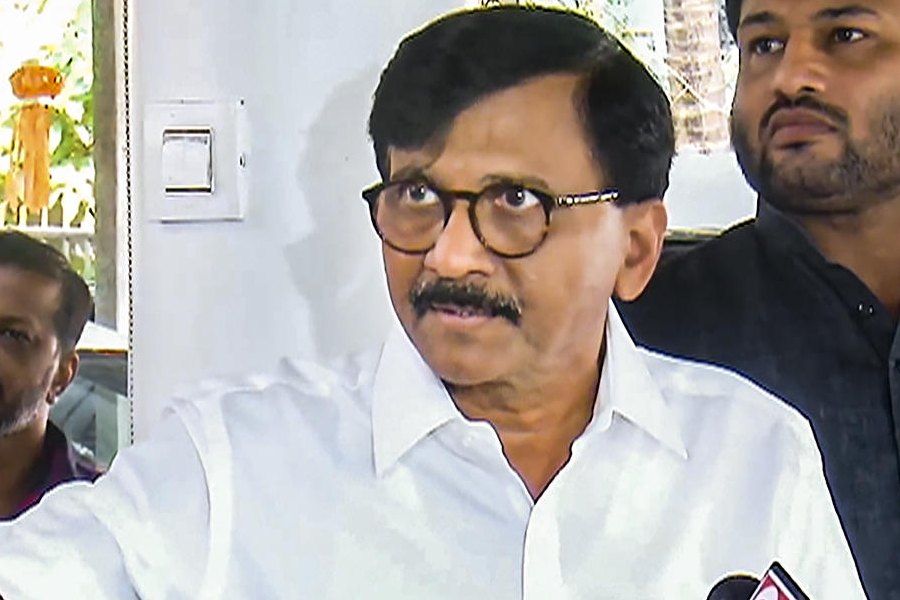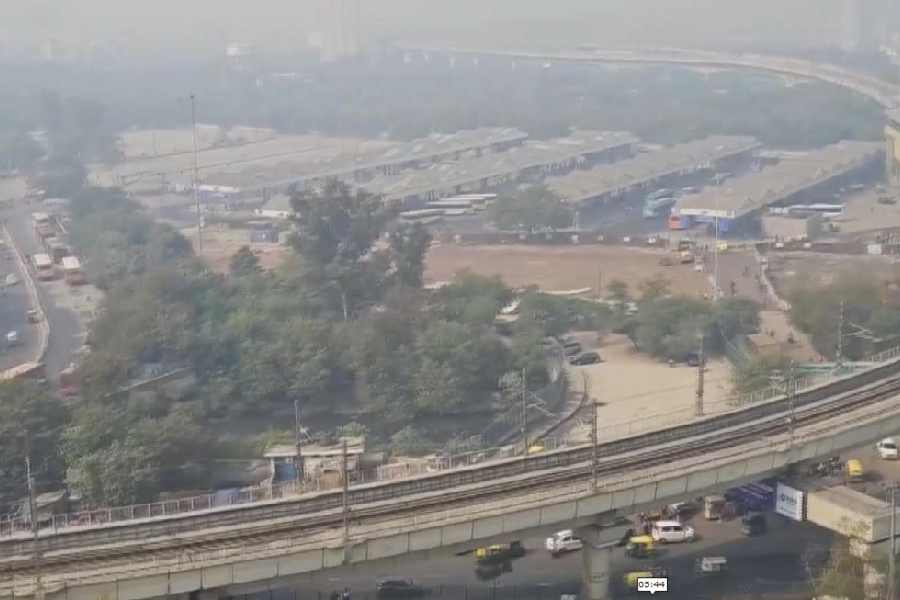Metro Railway, which once ran like clockwork, is doing away with its static timetable and replacing that with a sensor-based information system designed to tell commuters the expected time of arrival (ETA) of a train at a particular station.
Once the proposed system is in place, display boards on platforms will show the expected time of arrival of the next train based on inputs from sensors embedded on the track. This means that when a Dum Dum-bound train leaves Chandni Chowk, the expected time of arrival will be updated at Central, the next stop. After the train leaves Central, the expected time of arrival will be displayed at MG Road.
Digital display boards at the stations currently provide static, timetable-based arrival information for “Train to Dum Dum” or “Train to Kavi Subhash”. But there is hardly any parity between the time shown on a board and the actual time of arrival of a train.
A year ago, display boards had been introduced at some stations showing a countdown to the realtime arrival of a train from the preceding station. The countdown usually starts at 120 seconds at most stations and moves to zero by the time the train stops. “The proposed system has a similar approach,” an official said.
The transport lifeline’s struggle to run trains on time with a snag-prone and ageing fleet has increased in recent months. Delayed arrival of trains has become an everyday irritant and any snag-induced disruption throws the entire schedule haywire.
Metro Railway has been running 284 trains on weekdays since January-end, 16 less than its normal schedule. The official explanation for reducing frequency of service is a speed restriction on trains entering Esplanade station because of tunnelling for the East-West Metro line connecting Sector V with Howrah Maidan.
The old schedule, drawn up two years ago for 300 trains a day, is still the basis of the display boards at stations. The sensor-based system will delink that schedule from the realtime information system.
“People were facing a lot of inconvenience because of trains not running to schedule. We have planned a technology-based system to provide realistic timings,” Indrani Banerjee, the spokesperson for Metro Railway, said.
According to regular commuters, punctuality is a forgotten Metro virtue.
On Wednesday, an air-conditioned rake stalled on the elevated track outside Dum Dum station because of a power outage caused by a snag. The undercarriage of the same train had caught fire near Maidan station on December 27.
A Dum Dum-bound train that arrived at Maidan station at 6.05pm on Thursday was stranded for a couple of minutes because some of the doors would not close.
Forty trains had to be cancelled last week because of snags, sources said. This works out to more than five trains cancelled every day. “Even running 284 trains a day is proving a challenge,” a senior official said. “A proposal has been sent to the Railway Board to switch to a new system. This entails expenditure of around Rs 9 crore. Work will start if and when the board’s approval comes.”











